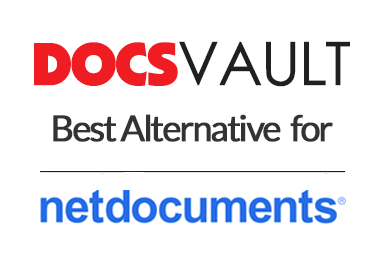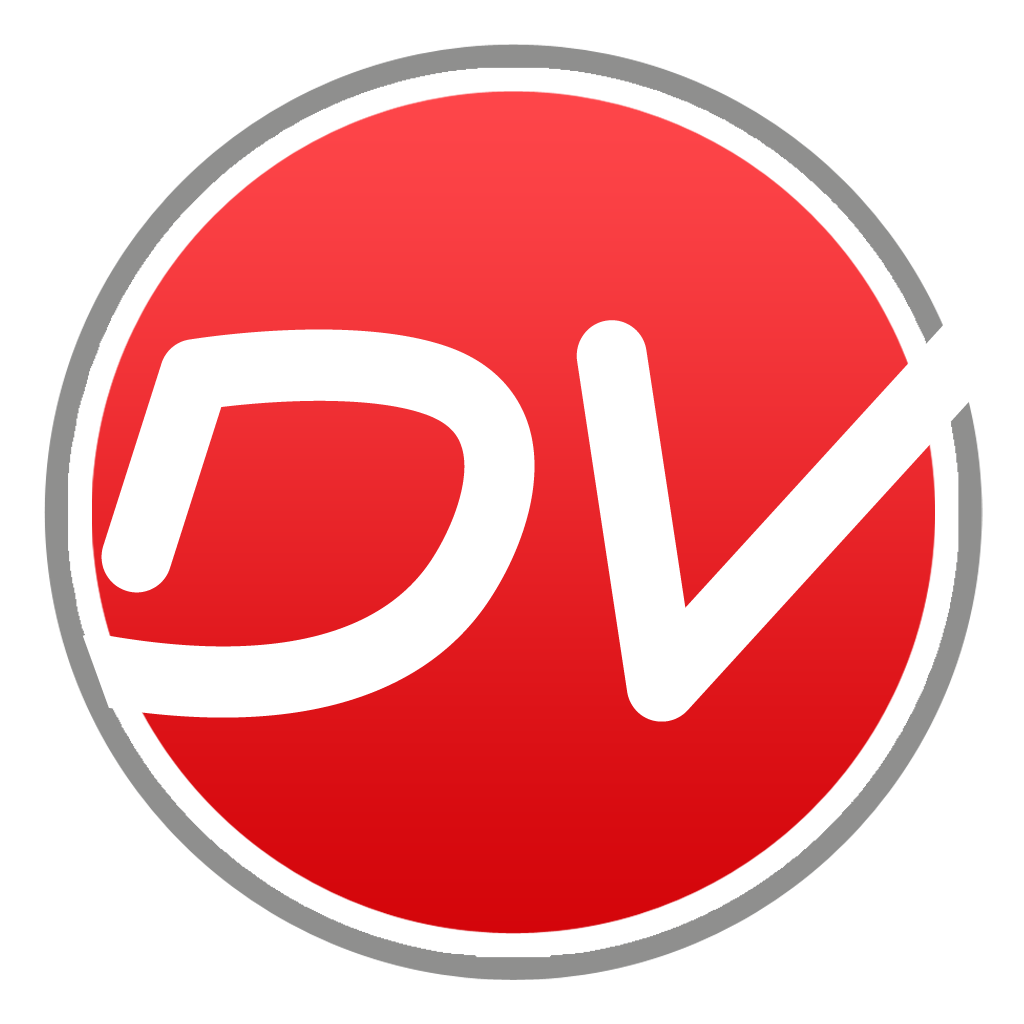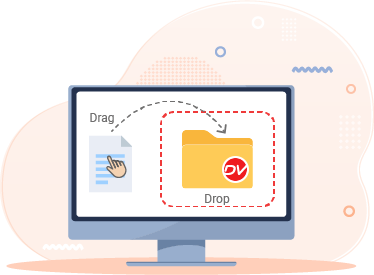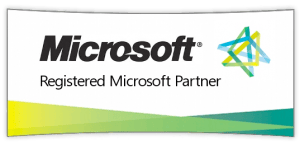Docsvault vs NetDocuments: A Detailed Comparison for Law Firms

Selecting a document management system is no longer a purely technical decision for law firms. It is a strategic choice that affects compliance, risk management, cost, and how confidently a firm can operate in a hybrid or remote environment.
Docsvault and NetDocuments are both well-established document management platforms used by law firms but they are built on very different operating philosophies.
This comparison is designed to help law firms understand those differences clearly and decide which approach best aligns with their firm’s priorities.
Why Law Firms Are Comparing Docsvault and NetDocuments Now
Over the last few years, the legal technology market has shifted decisively toward cloud-based platforms. At the same time, regulatory pressure, data privacy expectations, and cost sensitivity especially among small and mid-sized firms have increased.
The acquisition of Worldox by NetDocuments accelerated this decision point for many firms. Law firms that previously relied on on-premise systems are now being asked to reassess whether a cloud-only future aligns with their operational, compliance, and budget realities.
As a result, many firms find themselves choosing between:
- A cloud-first, vendor-managed platform, or
- An on-premise system that preserves control while modernizing workflows
Docsvault and NetDocuments represent these two approaches clearly.
Two Different Philosophies: Cloud-First vs On-Premise Control
Before comparing features, it’s important to understand how each platform is designed to operate.
NetDocuments: Cloud-First by Design
NetDocuments is a fully cloud-native SaaS platform. Its core strengths are:
- Centralized, vendor-managed infrastructure
- Anywhere access with minimal local IT involvement
- Strong compliance certifications
- Advanced, AI-driven automation tools
This approach works well for firms that are comfortable with cloud dependency and prefer to outsource infrastructure management entirely.
Docsvault: On-Premise and Control-Oriented
Docsvault is designed for firms that want modern document management without giving up control. It supports:
- On-premise deployment
- Private Windows-based cloud hosting
- Secure desktop, web and mobile access
Docsvault emphasizes data ownership, manageable costs, and compliance transparency, while still enabling remote work and automation.
This distinction more than any single feature drives most firm decisions.
Quick Comparison: Docsvault vs NetDocuments
| Feature | Docsvault | NetDocuments |
|---|---|---|
| Deployment | On-premise deployment and private cloud-hosting with windows environment. | Cloud-only SaaS |
| Ideal For | Firms needing data control & flexibility | Firms prioritizing cloud access |
| Core Strengths | Data sovereignty, affordability, integrated scanning & PDF tools | Cloud access, compliance, legal-specific AI tools |
| Licensing Model | Monthly or annual subscription | Cloud subscription |
| Integrations | Microsoft Office, Outlook, scanners, API add-ons for third-party tools | Microsoft Office, Outlook, Docu Sign |
| Cost | $ Affordable | $$$ Expensive |
| Best For | Firms with strict data privacy & local control | Firms needing cloud accessibility & vendor-managed hosting |
1. Deployment and Data Ownership
Docsvault
Docsvault allows firms to decide where their data lives and how it is managed.
Law firms can:
- Host data on-premise for maximum control
- Deploy in a private Windows environment (Azure, AWS, or dedicated servers)
- Enable secure remote access without surrendering ownership
This flexibility is particularly valuable for firms with:
- Data residency requirements
- Internal IT governance policies
- Clients with strict confidentiality expectations
📖 Related reading: Why Law firms perfer on-premise document management
NetDocuments
NetDocuments operates exclusively as a cloud-based SaaS platform. It eliminates the need for local servers and internal IT maintenance while offering:
- Automatic updates
- Built-in redundancy and disaster recovery
- Global accessibility
For firms that are cloud-first by policy, this simplicity can be a major advantage.
2. Security and Compliance for Legal Data
Both Docsvault and NetDocuments support secured document management keeping law firm confidentiality in mind, but their approaches differ.
Docsvault Security Highlights:
- On-premise or private cloud hosting options.
- Role-based user access controls and Active Directory integration
- Metadata-driven filing and retrieval
- Audit trails for all file actions
- Encryption for data in transit
- Multi-factor authentication (MFA)
- Compliance with HIPAA, GDPR, and other regulatory standards.
📖 Read: Document Compliance: A Comprehensive Guide
NetDocuments Security Highlights:
- SOC 2 Type II, ISO 27001, and GDPR compliance
- Multi-factor authentication (MFA)
- Vendor-managed encryption, backups, and disaster recovery
- Compliance with HIPAA, FINRA, and other standards
In summary,Docsvault gives firms direct control over how security policies are enforced and audited, while NetDocuments offers vendor-managed compliance suited for cloud-first firms.
Read Why Law Firms Prefer On-premise DMS solution
3. Automation and AI: Depth vs Practicality
This is where an honest comparison matters.
NetDocuments: Advanced AI Automation
NetDocuments offers some of the most advanced AI capabilities in legal DMS platforms today, including:
- Predictive filing and profiling
- AI-assisted email management (ndMail)
- Advanced automation through ndMAX and ndWorkflow
For firms seeking AI-driven efficiency at scale, NetDocuments is a strong option.
Docsvault: Practical, Explainable Automation
Docsvault does not attempt to replicate the full breadth of NetDocuments’ AI automation. Instead, it focuses on:
- AI-assisted data capture
- Metadata-driven filing and retrieval
- Custom workflow automation without complex configuration
This approach appeals to firms that prefer controlled, transparent automation over fully predictive systems particularly in compliance-sensitive environments.
4. Email Management and Outlook Integration
Email remains central to legal workflows, making reliable Outlook integration critical for law firms transitioning from systems like Worldox.
Docsvault: Controlled, Matter-Centric Email Filing
Docsvault provides deep Microsoft Outlook desktop integration, enabling users to capture emails and attachments directly into the appropriate client or matter. Emails become part of the matter record and are searchable alongside related documents.
Key capabilities include:
- Filing inbound and outbound emails into matters
- Duplicate email detection to prevent redundant storage
- The ability to rename, refile, or store emails in alternate matter locations
- Full-text search across email content and attachments
To support evolving legal workflows, Docsvault’s roadmap includes:
- Suggested filing locations based on matter context
- Filing status indicators to confirm whether emails have been saved
- Folder-to-matter mapping to further streamline Outlook filing
These enhancements are designed to improve efficiency while preserving the firm’s control over how emails are classified and stored.
📖 Read: Email Management for Law Firms
5. NetDocuments: AI-Driven Email Automation
NetDocuments manages email through ndMail, which uses AI-driven recommendations to suggest filing locations automatically. Features include predictive filing, Global Filing Indicators (GFI), and folder mapping to cloud-based workspaces.
This approach is well suited for firms that prefer automated, cloud-based email management with minimal user intervention.
6. Microsoft Office Integration and Document Comparison
Docsvault
Docsvault integrates tightly with Microsoft Office, allowing users to:
- Save documents directly into the DMS
- Maintain version history automatically
- Compare Word and Excel documents without third-party tools
This is particularly valuable for contract review, revisions, and compliance validation.
NetDocuments
NetDocuments provides strong Office and Microsoft Teams integration, supporting:
- Cloud-based collaboration
- Distributed and multi-office teams
7. Remote Access and Collaboration
Docsvault
Docsvault supports remote work through:
- Secure web access that connects authorized users directly to the on-premise document repository
- Mobile applications for secure document access, review, and approvals while working off-site
- On-premise deployment with controlled remote connectivity, ensuring all documents remain within the organization’s infrastructure
📖 Read: On-premise Document Management
NetDocuments
NetDocuments’ cloud-native architecture enables:
- Seamless access from any device
- Simplified collaboration across locations
Pricing & Licensing
Both platforms use subscription-based licensing, but cost dynamics differ.
| Cost Factor | Docsvault | NetDocuments |
| Deployment | On-premise or private Windows cloud | Fully cloud-based (SaaS) |
| Licensing Model | Subscription-based | Subscription-based |
| Scalability | Flexible, depends on infrastructure | Instantly scalable |
| Estimated Cost | Lower TCO for small–mid firms | Higher cost, managed scalability |
Docsvault’s pricing structure typically results in a lower total cost of ownership for firms with existing IT infrastructure, while NetDocuments suits larger organizations that prefer a vendor-managed environment.
Which One Should Your Law Firm Choose?
Both Docsvault and NetDocuments are robust document management systems, each designed to meet the evolving needs of modern law firms. The best choice depends on your firm’s infrastructure strategy, compliance requirements, and workflow preferences.
Docsvault is often the better choice for firms that:
- Require data ownership and residency control
- Prefer on-premise or hybrid deployment
- Value predictable costs
- Want strong Microsoft Office and Outlook integration
- Operate in compliance-driven environments
NetDocuments is often the better choice for firms that:
- Are cloud-first by strategy
- Want advanced AI automation
- Prefer vendor-managed infrastructure
- Support globally distributed teams
In summary, Docsvault offers a more customizable and infrastructure-controlled environment, while NetDocuments delivers a cloud-first experience. The right platform depends on whether your firm values ownership and flexibility or automation and scalability in its document management strategy.
Where This Fits in the Bigger Picture
For firms reassessing their document management strategy especially following the transition away from Worldox—it’s helpful to start with a broader understanding of modern legal DMS requirements.
Key Takeaways: Docsvault vs NetDocuments for Law Firms
- Docsvault and NetDocuments serve different firm philosophies
- NetDocuments leads in cloud-native AI automation
- Docsvault excels in self control, affordability, and legal-centric workflows
- The best choice depends on governance, infrastructure, and budget priorities
Many firms begin by exploring Docsvault through a demo to evaluate how a self controlled legal DMS fits their operational needs.
FAQs
Docsvault supports full on-premise deployment with optional secured access via web and mobile clients and private cloud-hosting with windows environment.
It depends on whether your firm prioritizes data control and self controlled deployment or cloud-first automation and scalability.
Both systems use a subscription-based model. However, Docsvault typically provides a lower total cost of ownership (TCO) for small to mid-sized firms managing their own infrastructure, while NetDocuments offers a fully managed service but at a higher cost.
Docsvault is designed for law firms that need secure, organized, and compliant document management. It offers meta-driven filing and retrieval, AI-powered data capture, document comparison for Word, and Excel, and tight Microsoft Office and Outlook integration — helping firms maintain control over confidential information while improving productivity.





